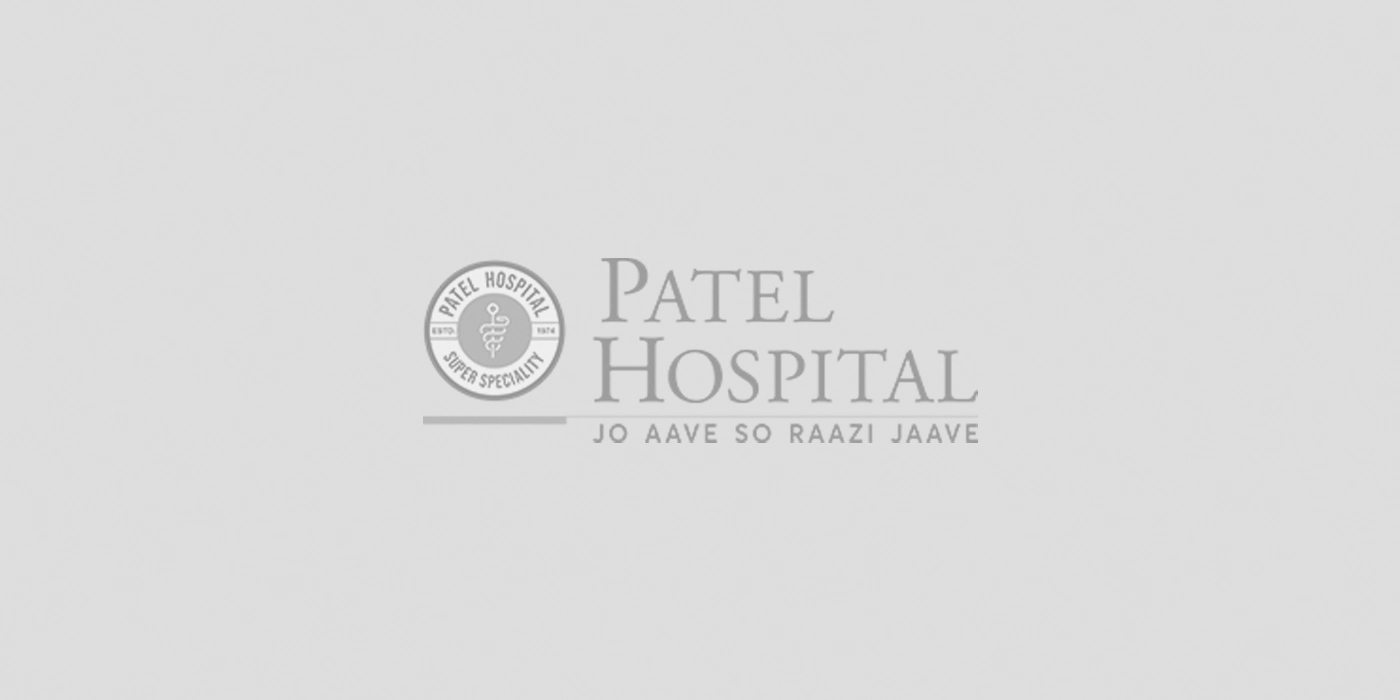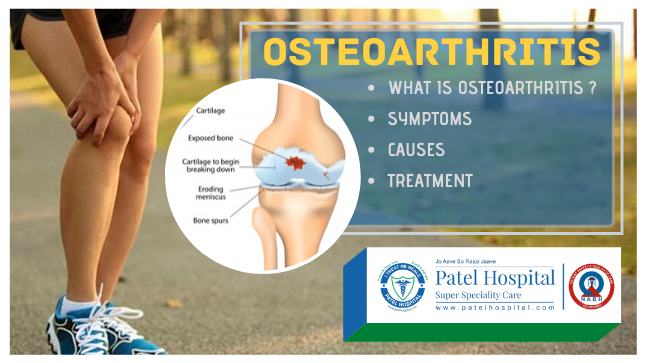What is breast cancer?
Breast cancer is cancer that forms in the breast. Among Indian women, breast cancer is the commonest cancer in Indian women overall. Regular check-ups and screening tests can find breast cancer at an earlier stage when treatment works best. The most important action women can take is to have regular breast cancer screenings.
Who gets breast cancer?
All women can get breast cancer, there are some factors that may increase a woman’s chances of getting the disease:
- Getting older – Most women are diagnosed when they are 50 years of age or older
- Having a first menstrual period at a young age (younger than 12 years)
- Starting menopause at an older age (older than 55 years)
- Never giving birth, or giving birth to a first child after the age of 30
- Not breastfeeding
- Having had breast cancer or some non-cancerous breast diseases
- Having a close family member (parent, sibling, child) who has had breast cancer, especially at an early age
- Having certain gene mutations such as BRCA 1 or BRCA 2
- Being overweight or obese
- Drinking alcohol
- Not getting enough exercise
- Exposure to high levels of ionizing radiation to the chest area early in life
- Long-term use of hormone replacement therapy
Even if women have one or more of these risk factors, it does not mean they will get breast cancer. Also, many women who get breast cancer do not have any risk factors. This is why screening is important for all women.
Women with a personal or family history (close family relative) of breast cancer may want to consider genetic counseling to find out if they are at greater risk for getting the disease.
What are the symptoms of breast cancer?
The most common sign of breast cancer is a new lump or mass. A mass that is painless, hard, and has irregular edges is more likely to be cancerous, but breast cancers can be tender, soft, or rounded. It is important that any new mass, lump, or change in your breast be checked by a health care provider.
Other possible signs of breast cancer include:
- Swelling of all or part of a breast (even if no lump is felt)
- Irritation or dimpling of breast skin
- Breast or nipple pain
- Nipple retraction (when the nipple turns inward)
- Redness, scaliness, or thickening of the nipple or breast skin
- Nipple discharge other than breast milk
Sometimes breast cancer can spread to underarm lymph nodes and cause a lump or swelling there, even before a tumor in the breast tissue is large enough to be felt. You should tell your doctor about any swelling in your lymph nodes.
How can I lower my chances of getting breast cancer?
There are ways to lower your risk. These include:
- Drinking less alcohol
- Getting regular exercise
- Staying at a healthy weight
- Breastfeeding (exclusively breastfeeding during your baby’s first 6 months, and continuing for 12 months or longer)
- Talking to your health care provider about hormone replacement therapy, if you take it
Regular check-ups and screening tests can find breast cancer at an earlier stage when treatment works best. The most important action women can take is to have routine breast cancer screenings.
How can I get a breast cancer screening?
Breast Self-Exams
A breast self-exam is an inspection that you do yourself. By using your own hands and eyes, you can examine your breasts to search for changes in how they look and feel. When you do self-exams on a regular basis, you will become familiar with your breasts and will be able to notice changes more easily.
Clinical Breast Exams
A clinical breast exam is done by a physician or health care provider. Many women have clinical breast exams as part of their annual well-woman visit with either their gynaecologist or primary care provider.
Women in their 20s and 30s are recommended to have a clinical breast exam at least every three years, while women ages 40 and older should have a clinical breast exam at least once a year. You may choose to schedule your clinical breast exam and your annual mammogram six months apart. This will provide you with two opportunities each year to be examined.
Mammograms
When it comes to annual healthcare screenings, mammograms are among the most important for women—especially women who have a family history of breast cancer.
Mammograms are a tool for detecting breast cancer at an early stage when the treatment outcomes are most favorable for the patient. All women at the age of 40 should begin receiving routine breast screening mammograms to monitor for disease on an annual basis.
No matter what age, women with a higher-than-average risk for breast cancer—such as having a parent, sibling, or child with a Breast Cancer Gene (BRCA1 or BRCA 2 gene mutation)—should get a mammogram every year.
For more information or any query, call us at – 9216284444 / 0181-5241000 or reach us at care@patelhospital.com
Treatment of Breast Cancer – Surgical Oncology | Radiotherapy | Chemotherapy



